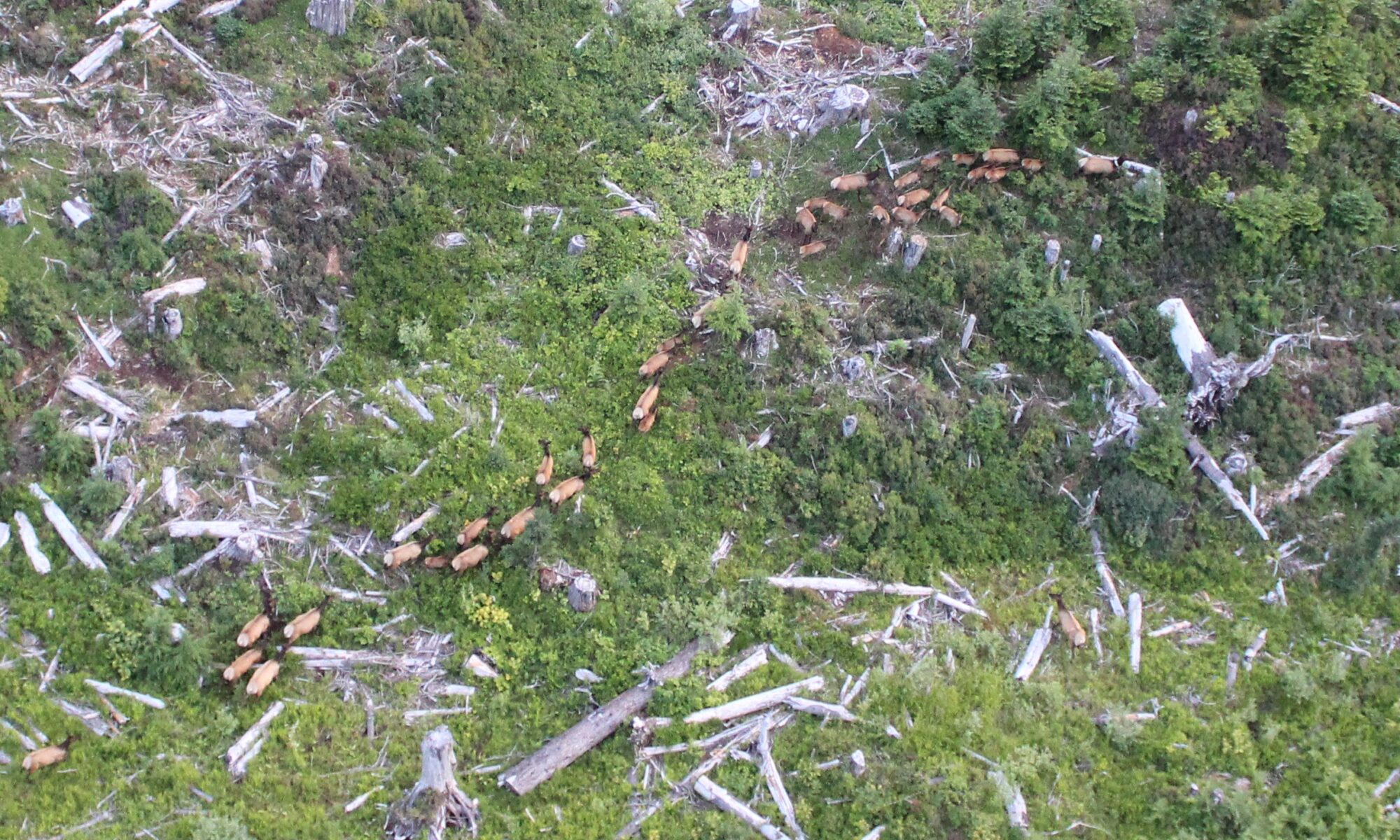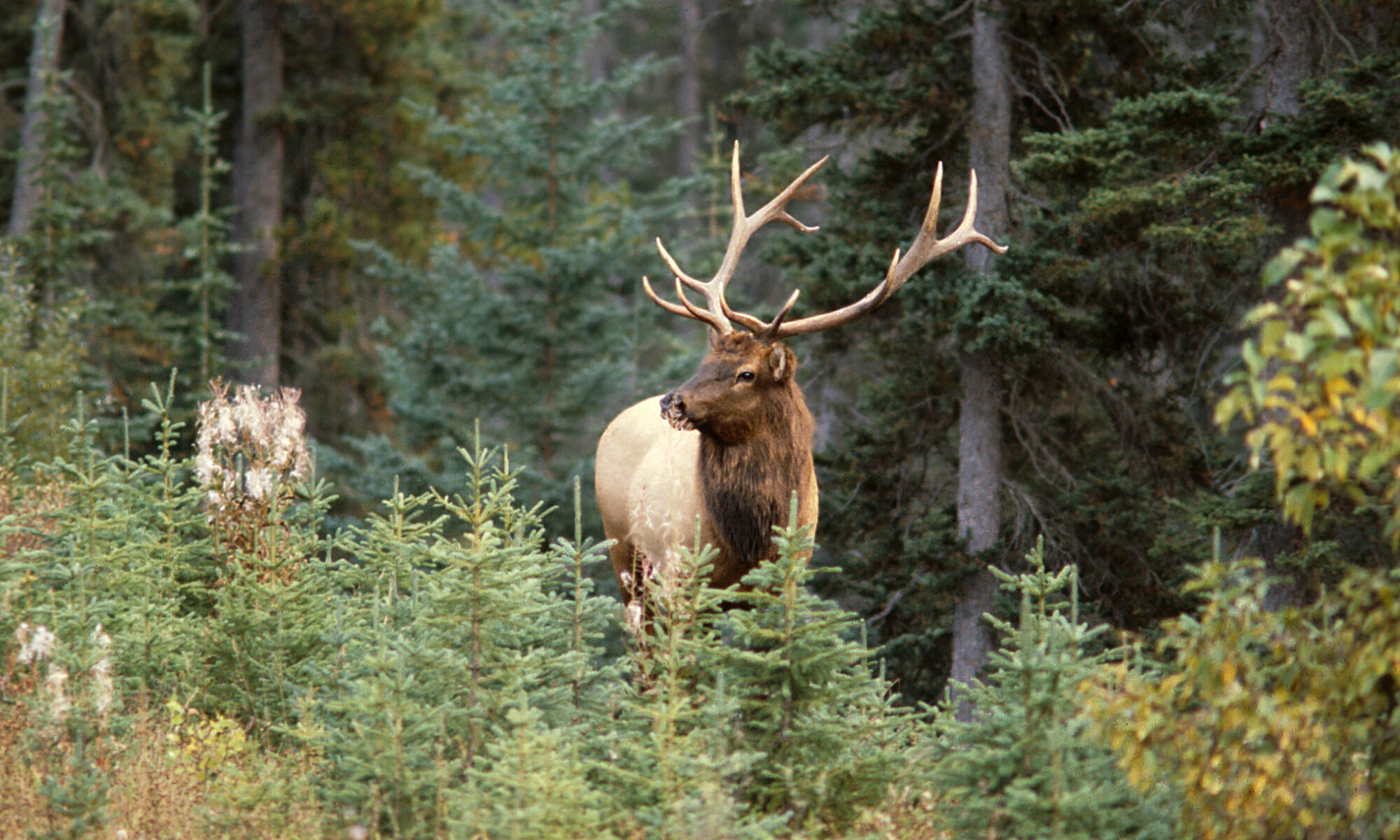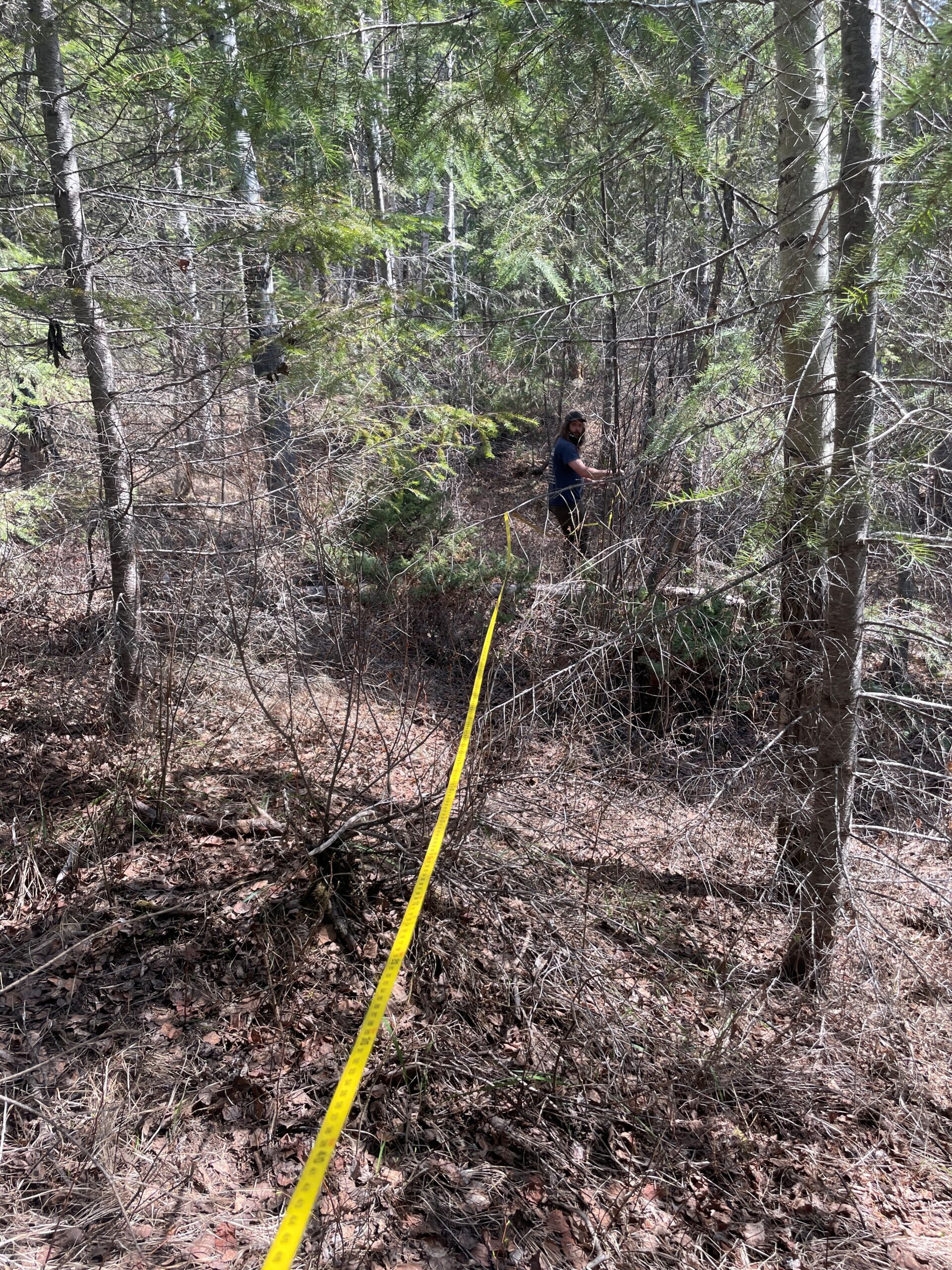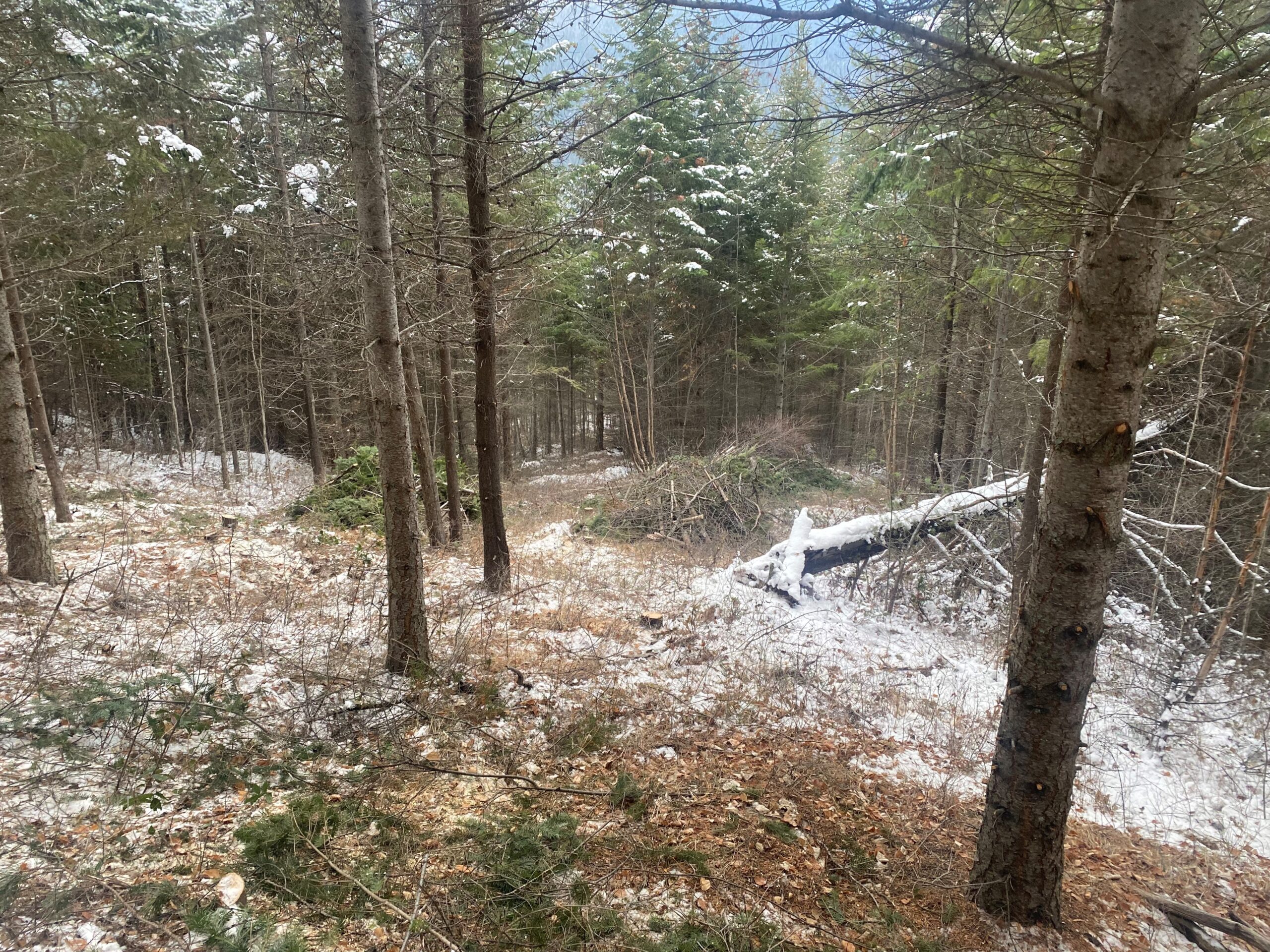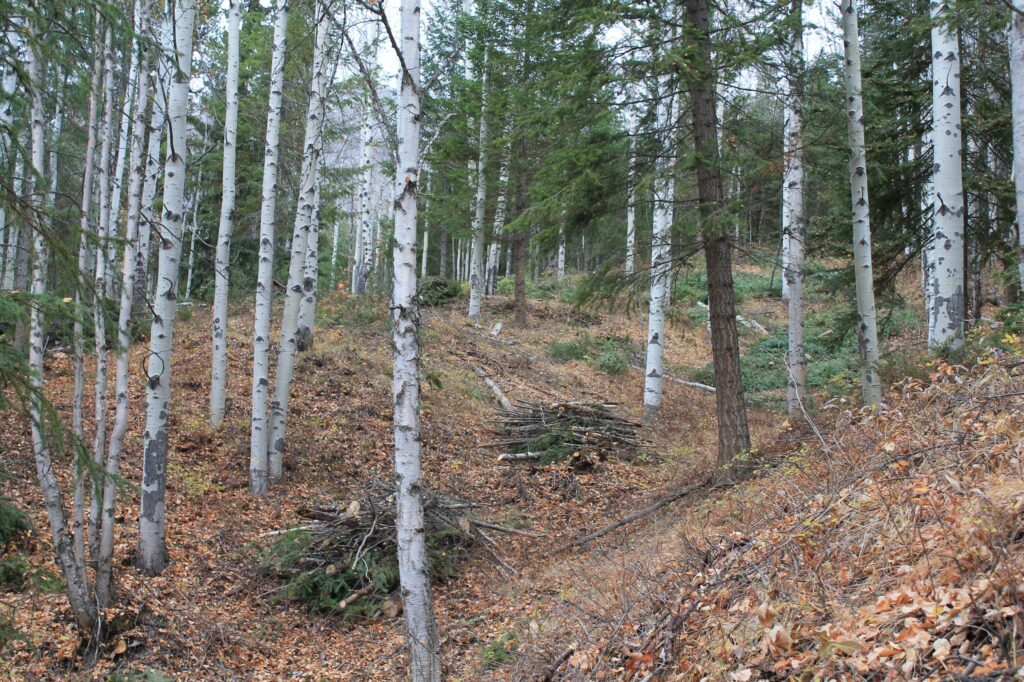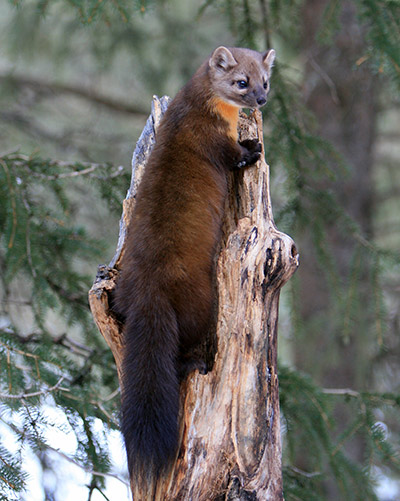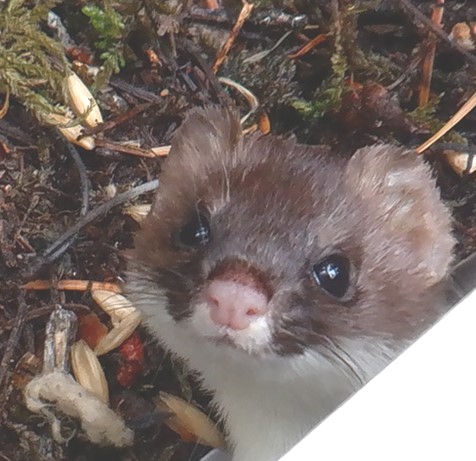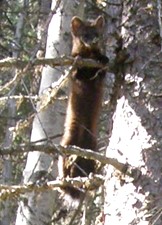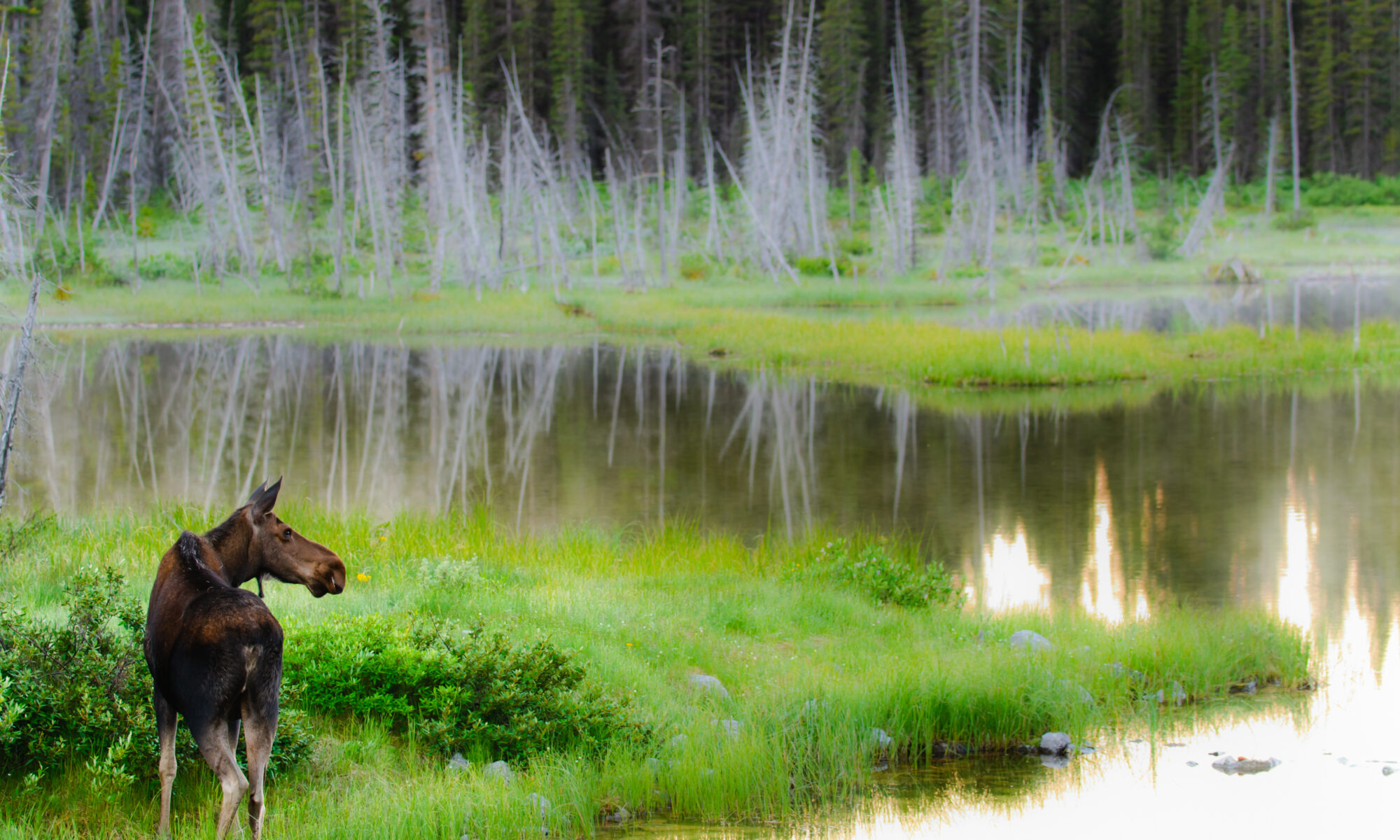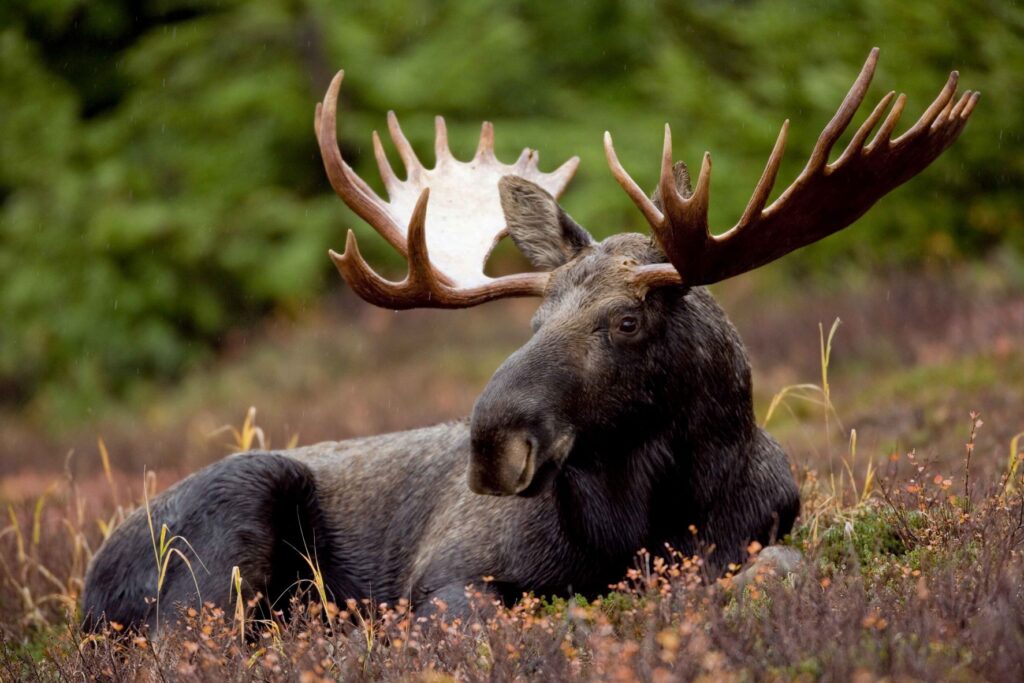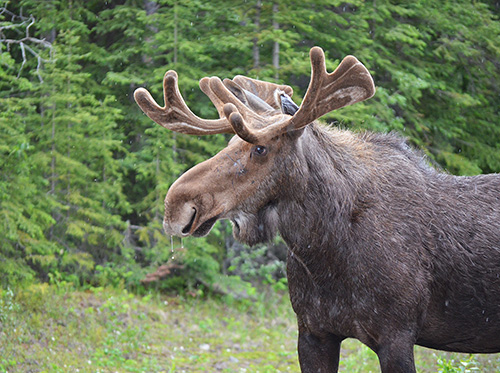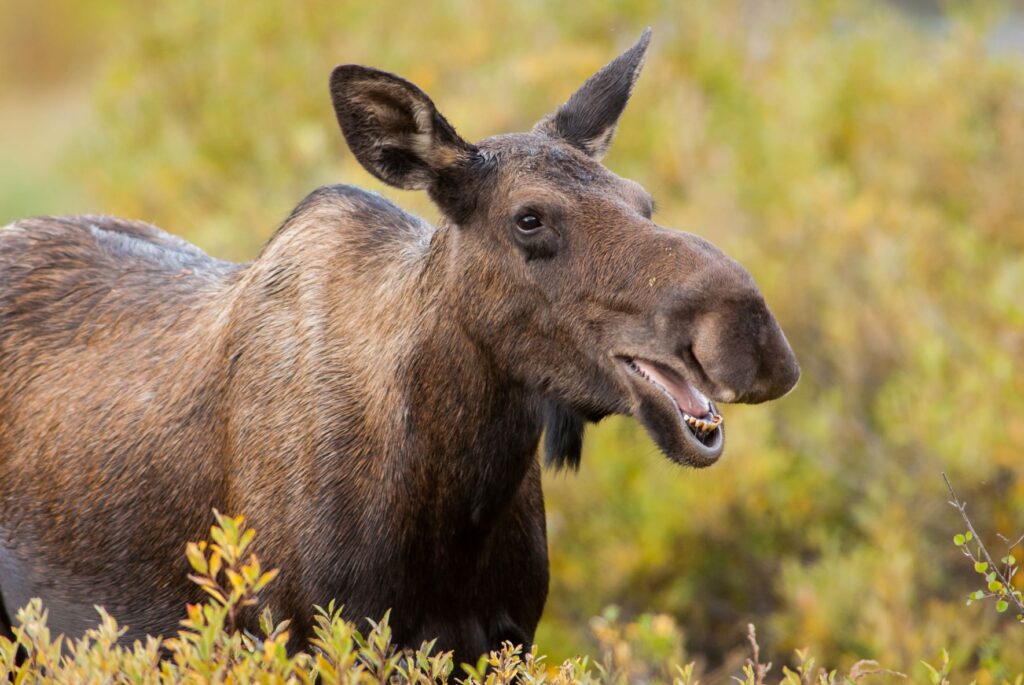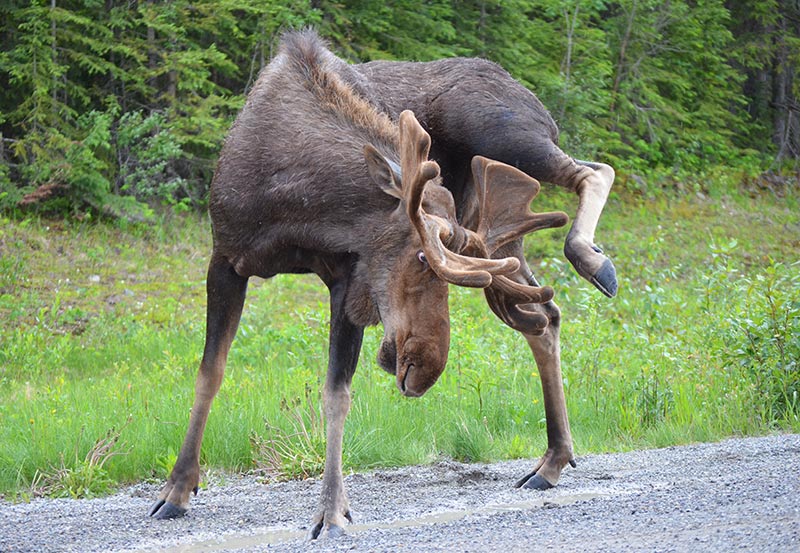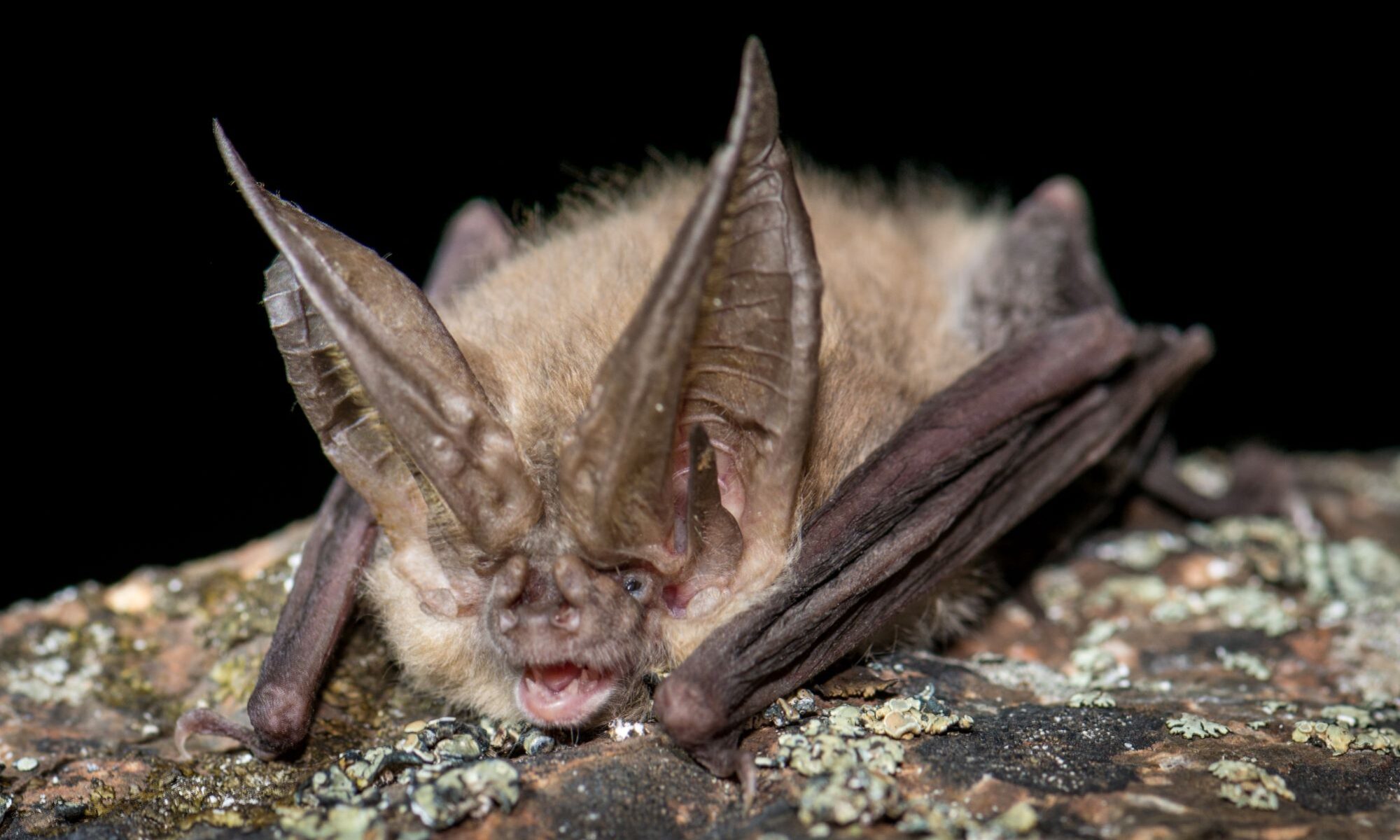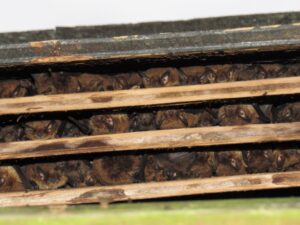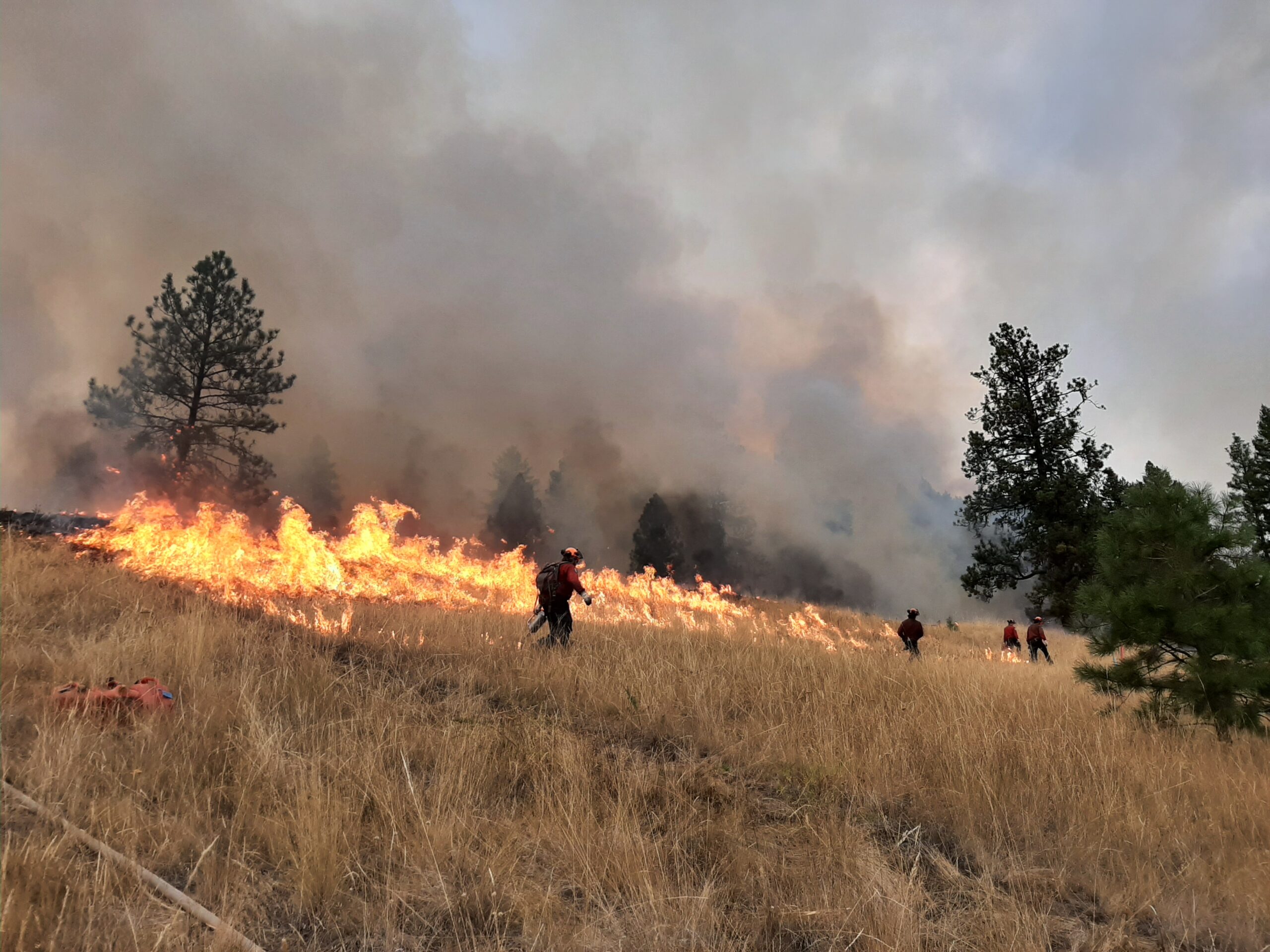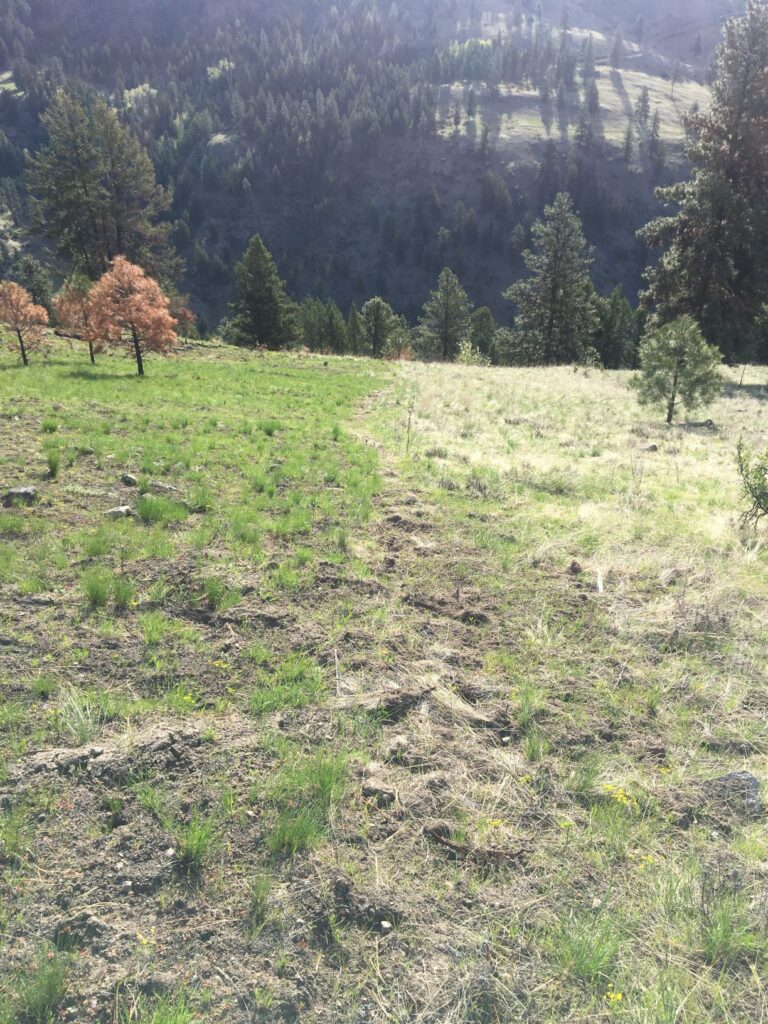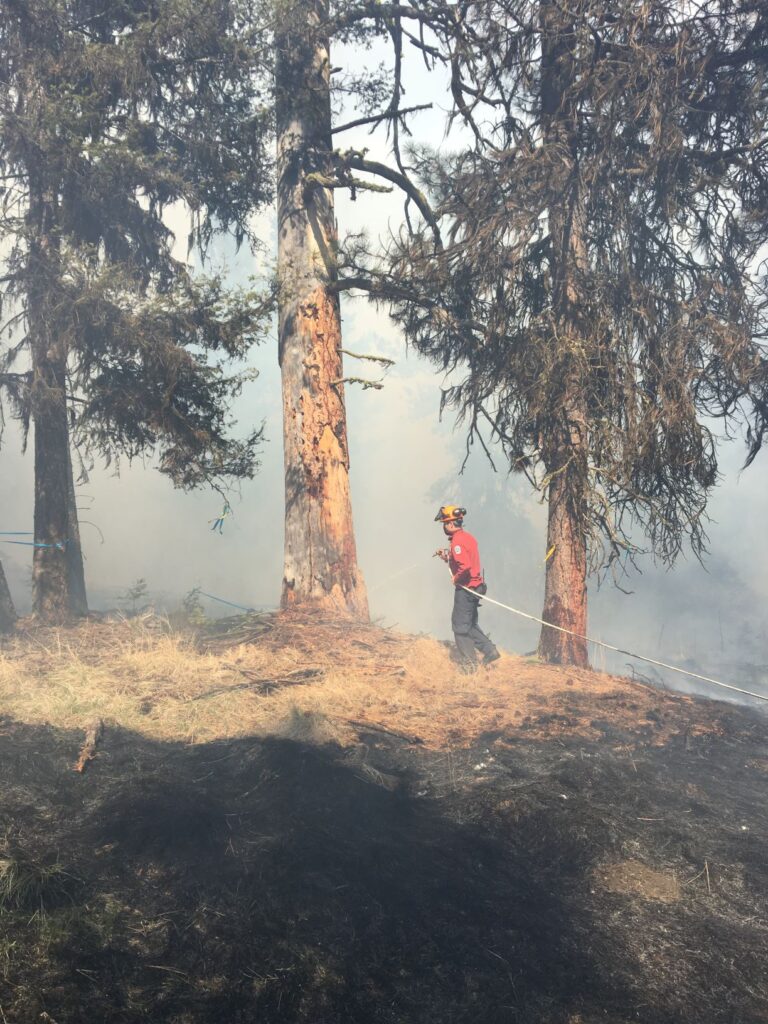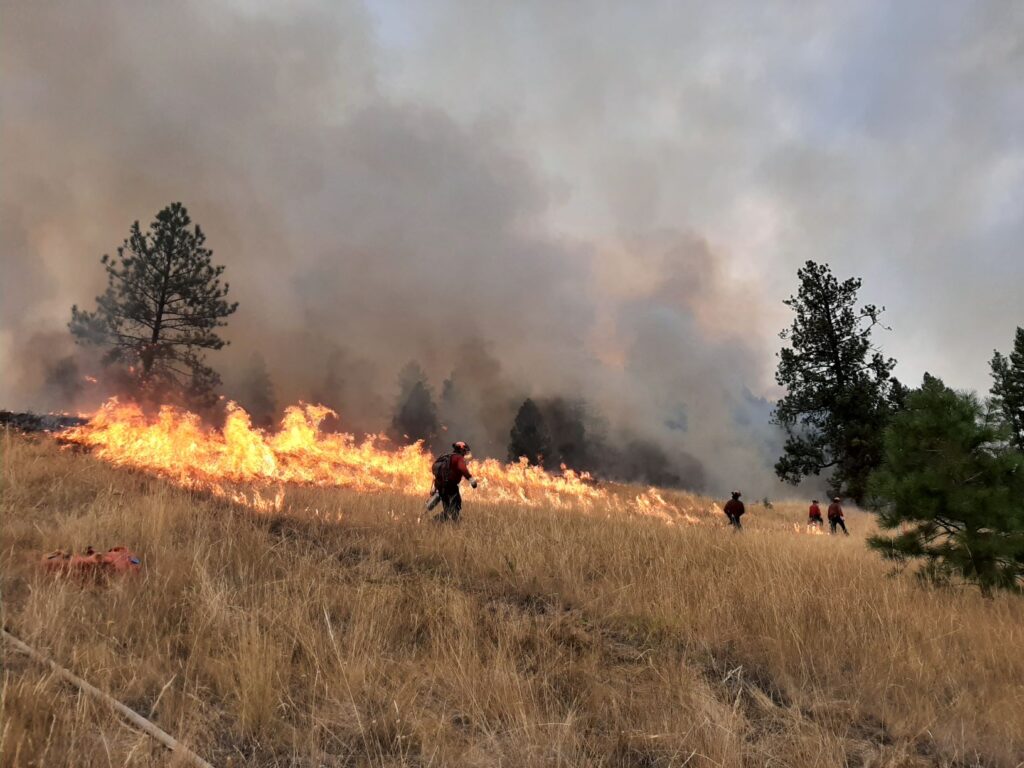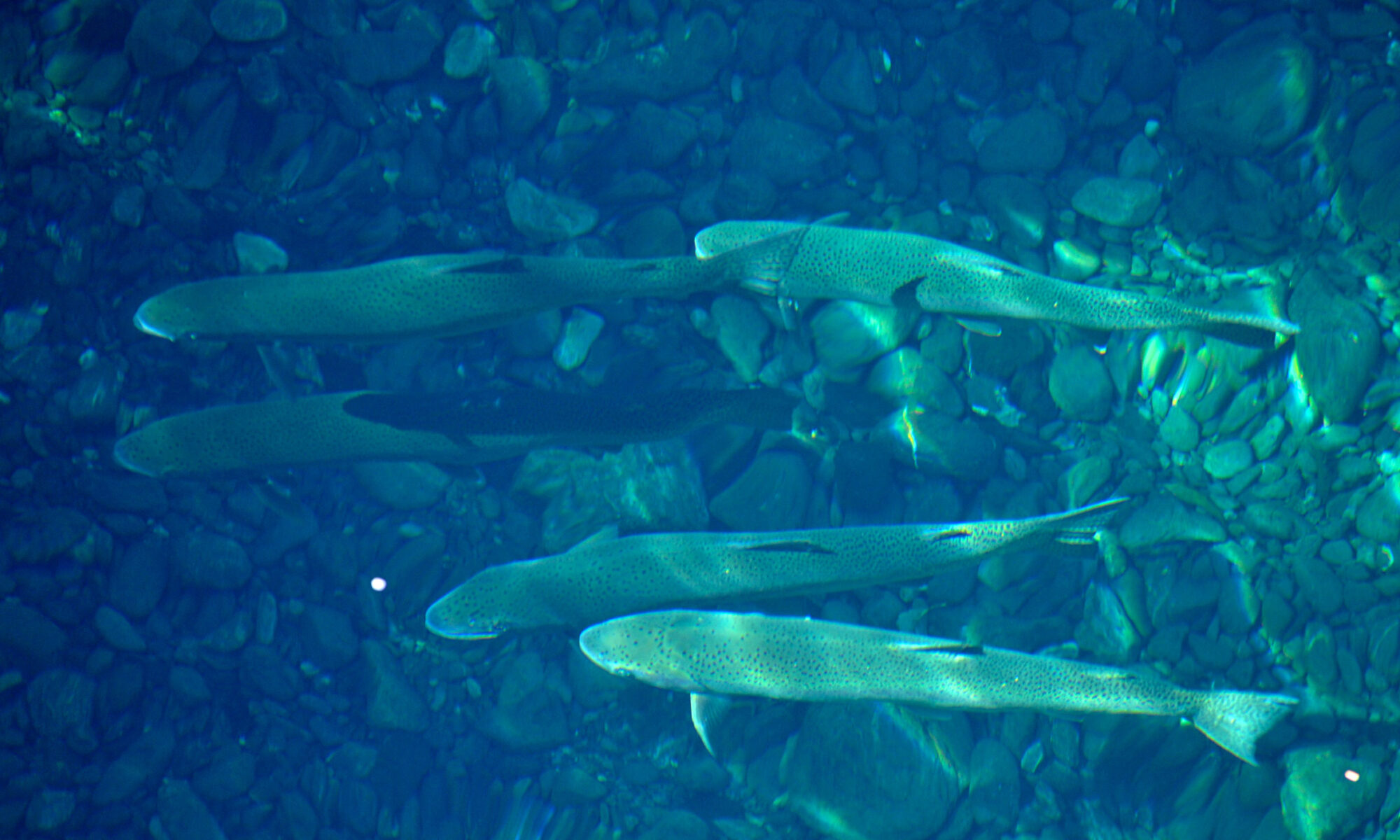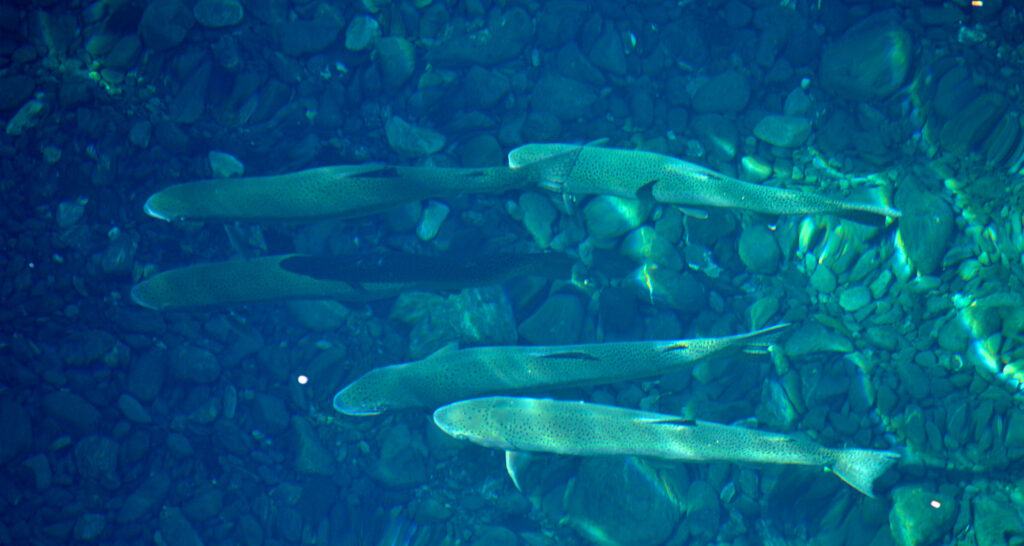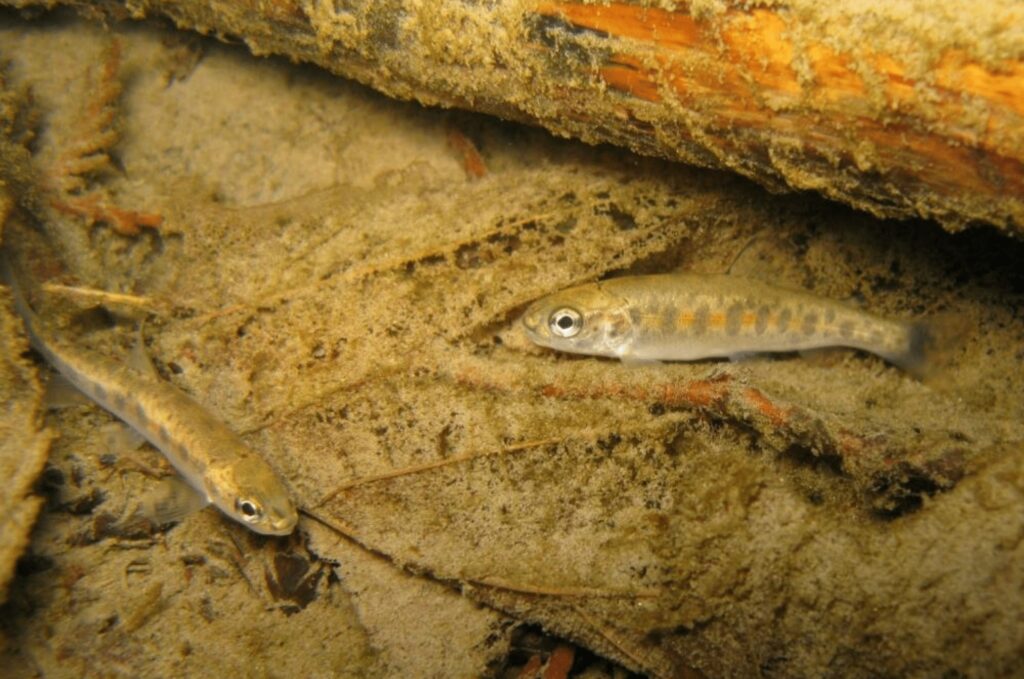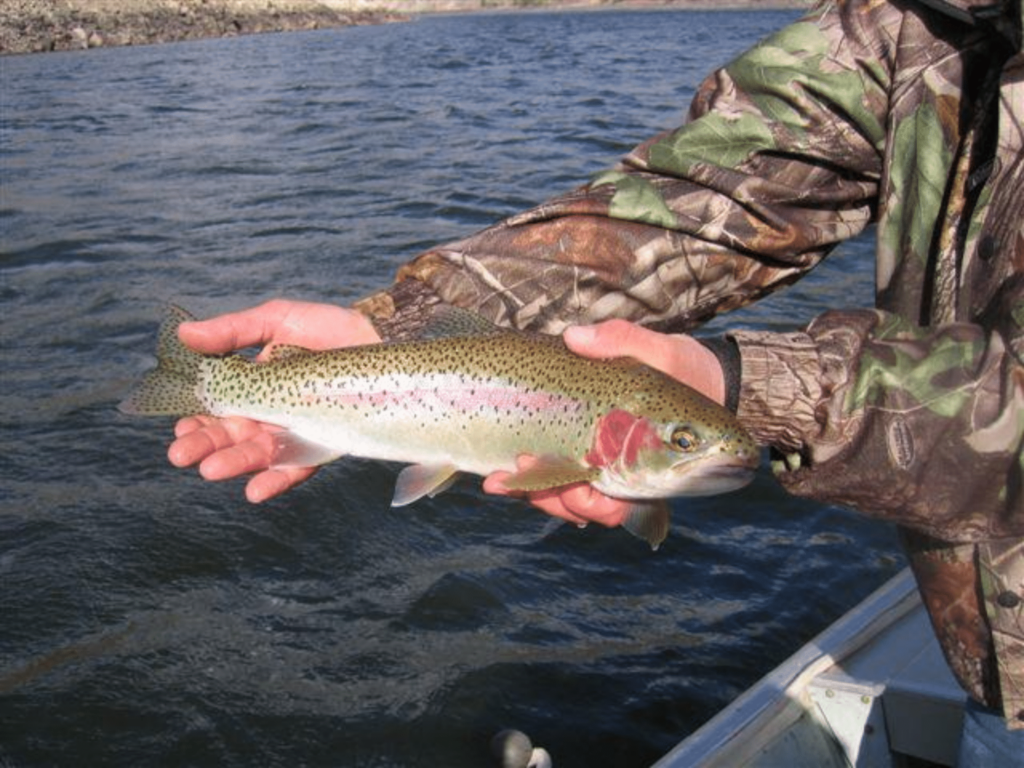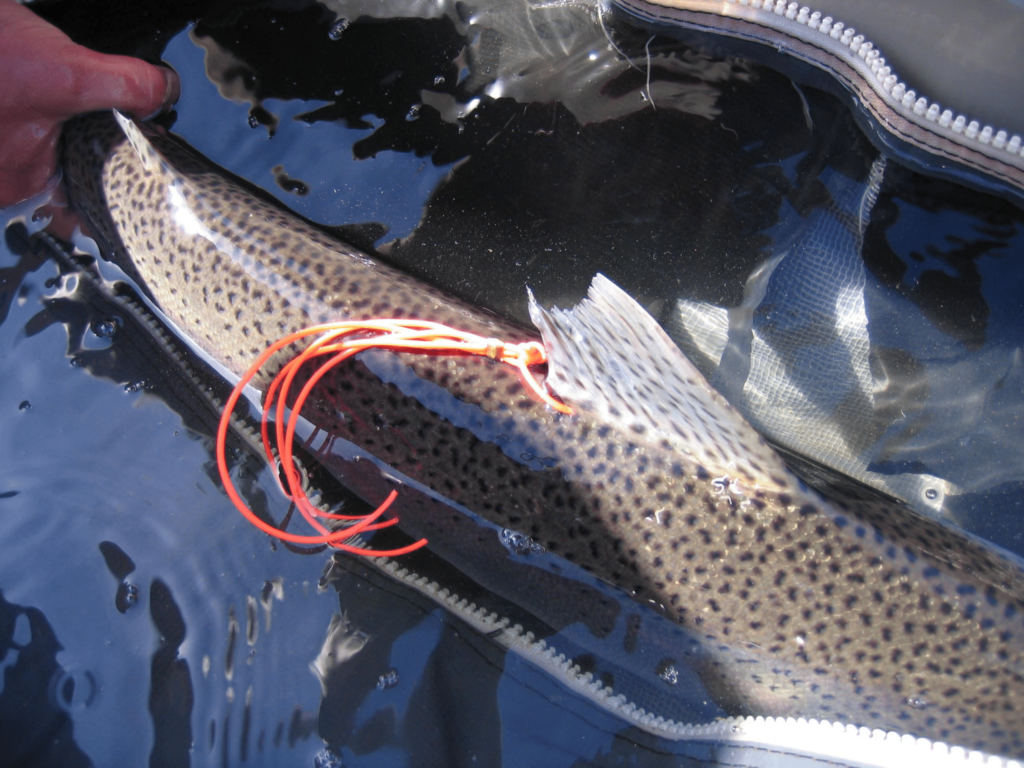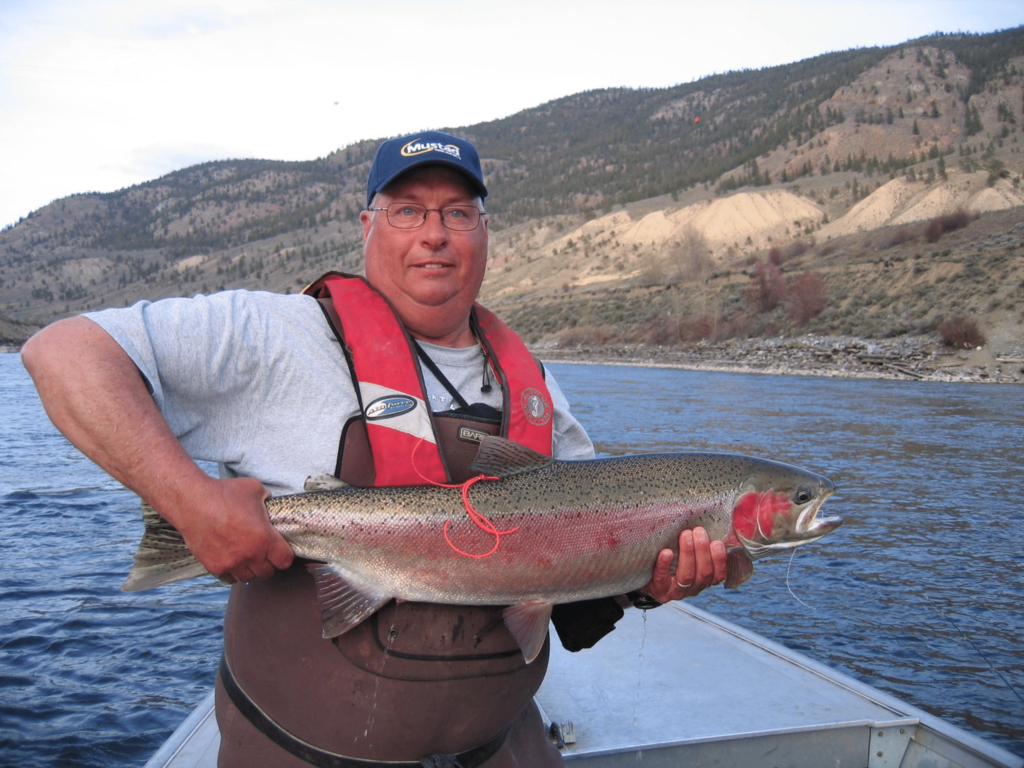Victoria, B.C.: The Habitat Conservation Trust Foundation is proud to announce over $8 million in funding for 168 fish and wildlife conservation projects across B.C. this year, with over $1.7 million allocated to projects in the West Coast region.
For over 40 years, the Habitat Conservation Trust Foundation (HCTF) has provided grants to a large network of recipients who undertake conservation projects. With support from the HCTF, a wide range of nonprofit organizations, First Nations and Indigenous communities, Provincial ministries, and community groups implement projects that protect B.C.’s wildlife, freshwater fish, and their habitats. Since 1981, the HCTF has funded over 3,550 projects representing an investment of over $215 million for conservation in B.C.
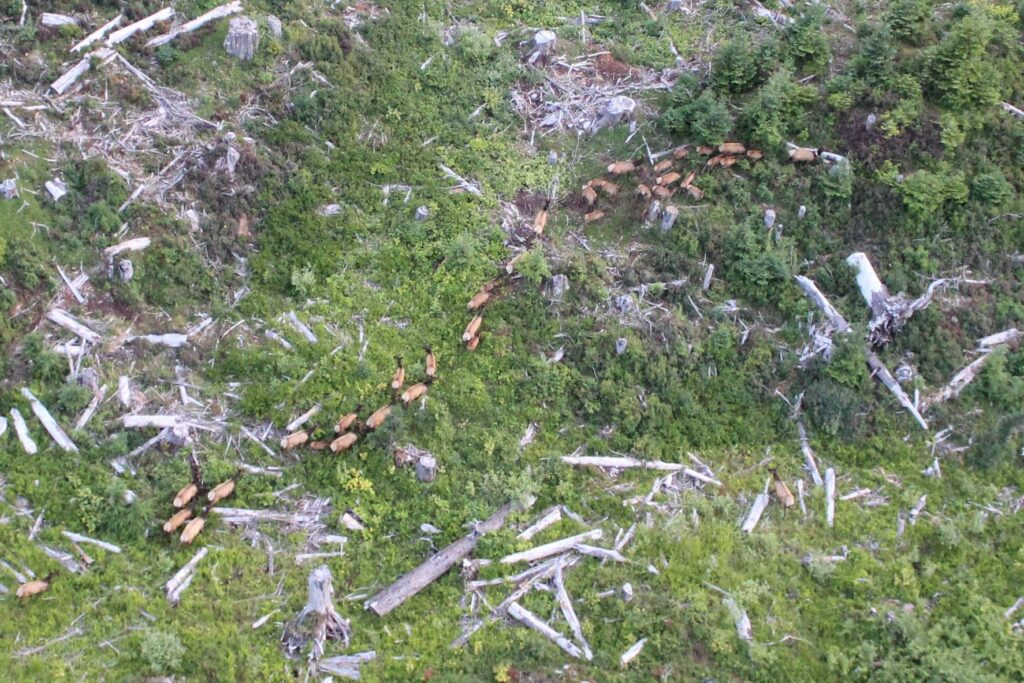
“The many different ecosystems in British Columbia, and the wildlife they support, are vital to the quality and way of life for so many in this amazing province,” said Bruce Ralston, Minister of Forests. “From forests to rivers to oceans, better knowledge means better protection for the organisms that call these ecosystems home. The conservation work that FESBC and the Habitat Conservation Trust Foundation are doing is crucial to our ongoing understanding of B.C.’s unique, interlocking landscapes.”
Among this year’s projects on the West Coast is a multi-year project to improve the management of Roosevelt Elk. Currently in its fifth and final year and led by B.C.’s Ministry of Water, Land and Resource Stewardship, the project will use GPS data to better understand the linkage between changes in habitat and the changes in elk population in central Vancouver Island.
“Roosevelt elk are a blue-listed species and a top management priority in British Columbia. As one of the largest terrestrial herbivore and prey species on B.C.’s coast, they are an important driver of ecosystem function,” says project lead Carl Morrison. Results from the work will inform elk management including if there is adequate winter range for the species.
The project is being supported by the HCTF and the Forest Enhancement Society of BC (FESBC) with $45,000 in co-funding this year. According to FESBC’s executive director Steve Kozuki, “HCTF has some of the best expertise in wildlife biology and habitat management. That’s why FESBC is so pleased to collaborate with HCTF. Together we have improved wildlife habitat on numerous successful projects all around British Columbia. And we will continue to endeavour to assist wildlife to thrive and flourish for generations to come.”
HCTF CEO Dan Buffett is proud to work with FESBC in this partnership noting, “Through this collaboration, we can fund more work such as this project that will apply the knowledge learned to improve habitat conditions for elk and enable our project partners to deliver more conservation work that benefits wildlife, fish, and their habitats.”
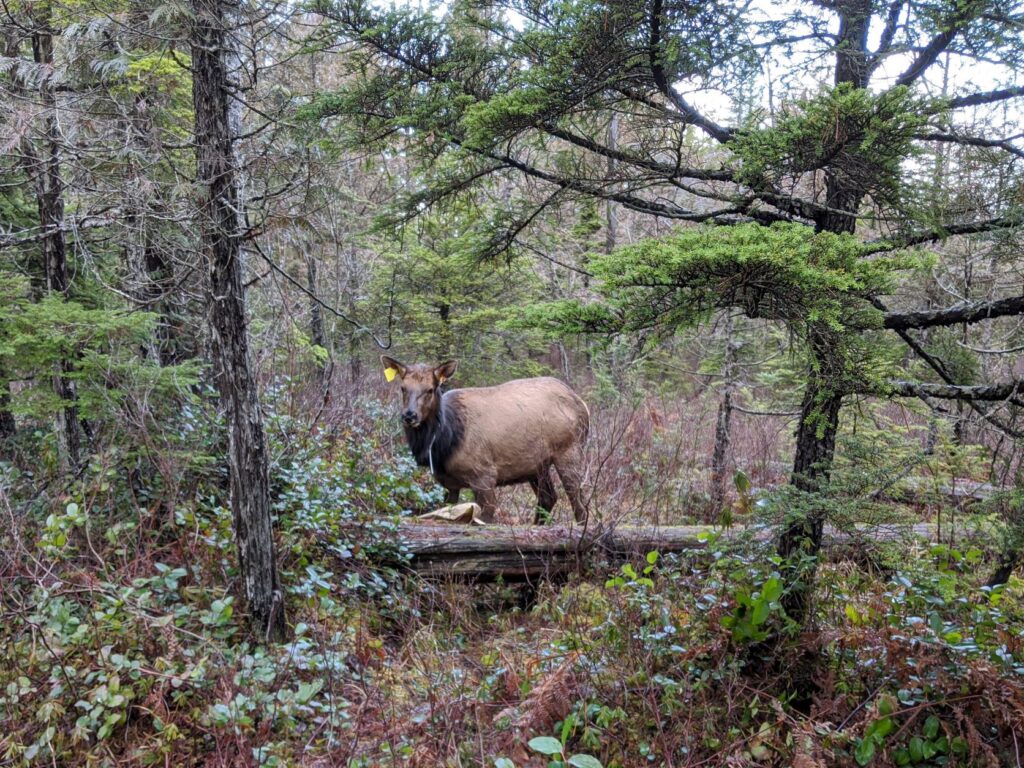
Tagged Roosevelt Elk – Carl Morrison Photo 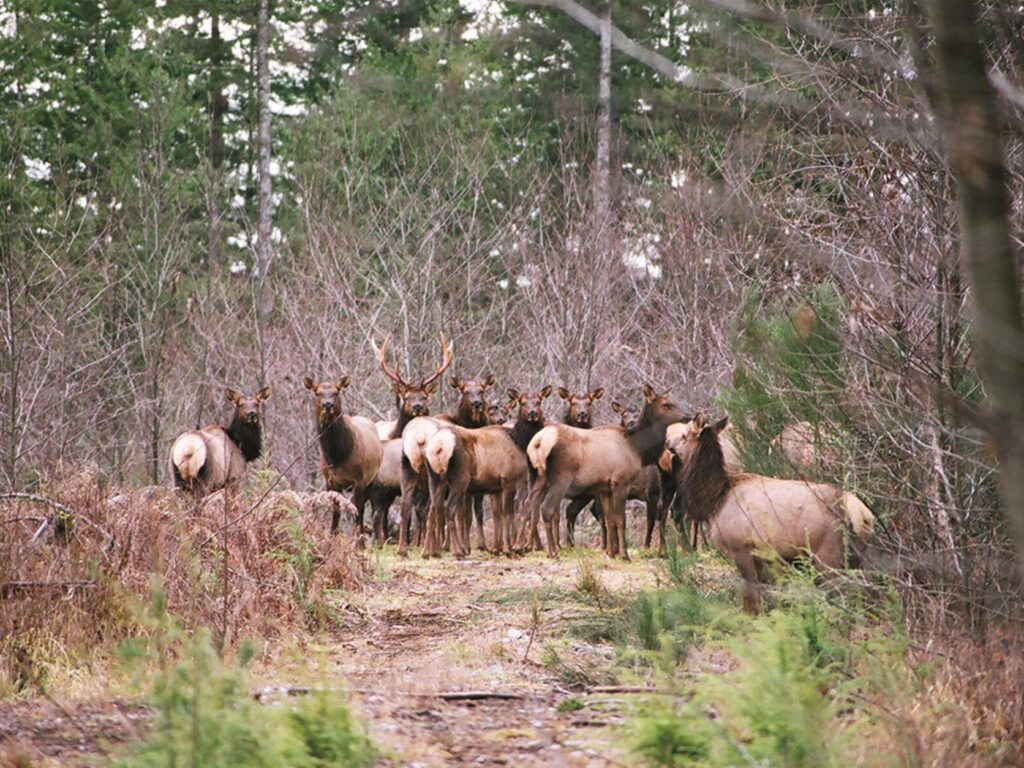
Roosevelt Elk – HCTF 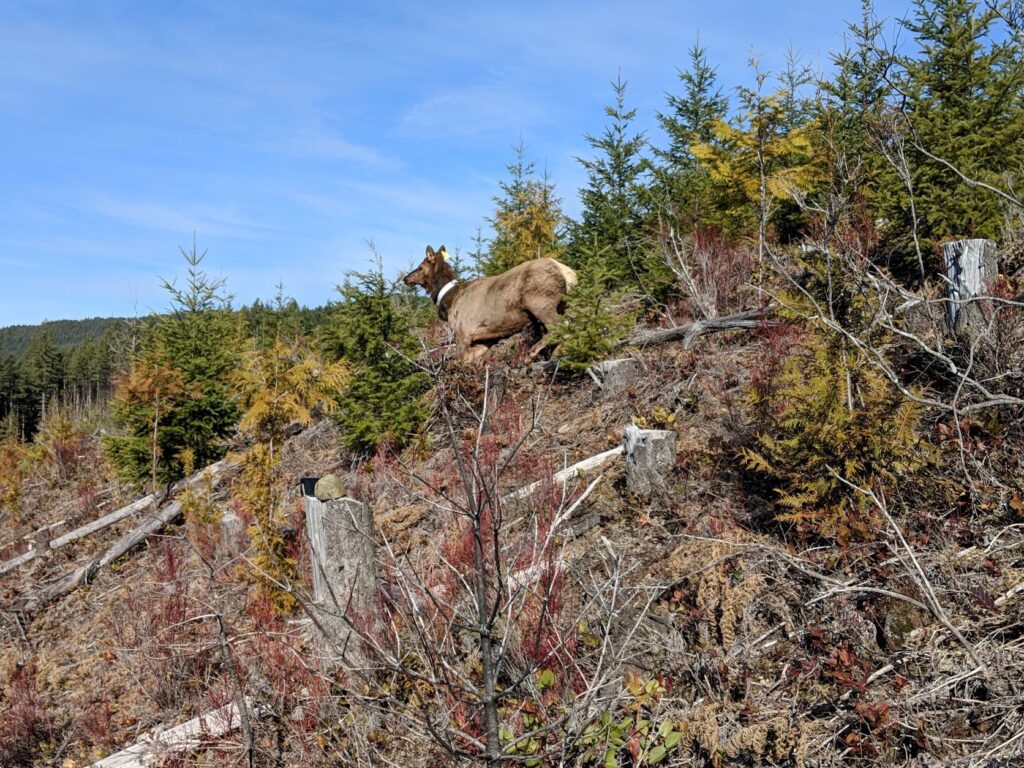
Roosevelt Elk in Cutblock – Carl Morrison Photo
Other HCTF-funded projects taking place in the West Coast region include:
- $19,420 to improve the survival of Western Toads near Bamfield by reducing three threats: road mortality, habitat fragmentation, and recreational trampling (with FESBC funding).
- $92,938 to restore the wetland habitat of a former sawmill site in the heart of the salmonid migratory corridor for the watersheds of two major rivers, the Puntledge and the Tsolum.
- $52,470 to expand on efforts to reintroduce Vancouver Island Marmots to Strathcona Provincial Park and create a self-sustaining population (with FESBC funding).
- $30,000 to enhance over 1,200 hectares of upland agricultural habitat in the Fraser River estuary for migratory and resident bird species such as waterfowl, owls, and shorebirds.
- $130,794 to reduce the unknowns of the movement and habitat use of migrating juvenile White Sturgeon in the Lower Fraser River (Pitt River).
Each project funded by HCTF goes through a multi-level, objective and technical review process prior to the final Board review and decision. HCTF’s Board of Directors ensure that species important to B.C. anglers and hunters are supported but also place a great deal of importance on conserving whole ecosystems, species-at-risk, and investing in environmental education across the province.
FESBC would like to gratefully acknowledge the financial support of the Province of British Columbia through the Ministry of Forests.
HCTF Quick Facts
It is the mission of HCTF to improve the conservation outcomes of B.C.’s fish and wildlife, and the habitats in which they live. We make a difference by funding conservation projects and by educating and engaging the public about B.C.’s natural assets. For over forty years, HCTF has been helping conservation groups and individuals secure funding for conservation projects and providing education to the public about B.C.’s important natural assets. Since 1981, HCTF has provided over $215 million in grants for over 3,550 conservation projects across B.C.

